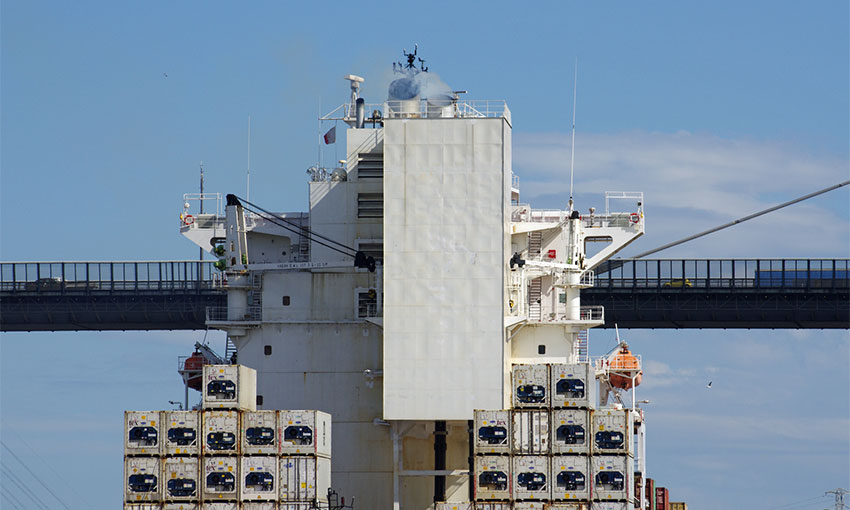THE GOVERNMENT of Denmark has reached a cross-party agreement to ban the discharge of scrubber water in territorial waters from mid-2025 and will push for similar restrictions to be imposed by other North Sea and Baltic states.
There are no plans to ban the discharge of scrubber water in Australia, however, according to AMSA.
“Today, ships can use so-called open scrubbers to clean the heavy bunker oil they are sailing on of sulfur by washing the smoke and then discharging the scrubber water directly to sea. This has contributed to excessive levels of a number of heavy metals and tar substances such as lead, cadmium, anthracene and benz(a)pyrene in the marine environment,” the Danish government said.
“Scrubber water is a significant source of environmentally hazardous substances in the marine environment. With the agreement, the discharge of nickel into the marine environment can be lowered by up to 20% and the discharge of anthracene by 7%.”
Environment minister Magnus Heunicke said the agreement was another important step on the way to a better marine environment. “Scrubber water emits a number of problematic substances which accumulate on our seabed and are absorbed into the ocean’s food chains and end up in the fish we eat,” he said. “The discharge of environmentally hazardous substances comes from many different sources, but scrubber water is a source about which we have a lot of knowledge and data, and therefore I am happy that we are now putting an end to the pollution with scrubber water in Danish territorial waters.
“With the agreement, ships must in future switch to using either low-sulphur fuel or closed scrubbers with zero emissions. This means that the residual product from the closed scrubber must be delivered to the ports’ reception facilities.”
Under the Convention on the Law of the Sea territorial waters extend 22 kilometres (12 nautical miles) from the coast and are regulated accordingly; waters beyond are the domain of international regulation. The Danish Government says the agreement reached specifies that Denmark must work for a similar ban in the Baltic Sea and North Sea through the regional sea conventions HELCOM and OSPAR, with a view to regulation under the auspices of the IMO.
The Danish ban on the discharge of scrubber water will come into force on 1 July 2025 for ships with open scrubbers. For ships with closed scrubbers, the ban enters into force on 1 July 2029.
An AMSA spokesperson said: “Australia implements the requirements of the MARPOL Convention, including the agreed discharge standards set out in the IMO Guidelines for Exhaust Gas Cleaning Systems. Australia has no plans to ban discharge of scrubber water at this time.”





